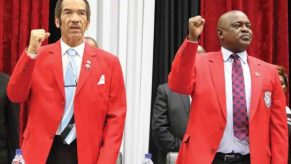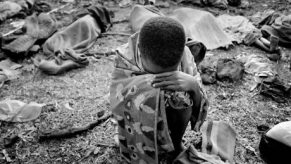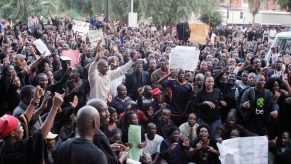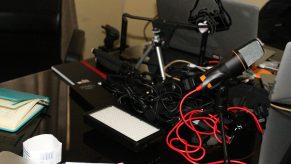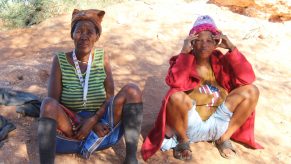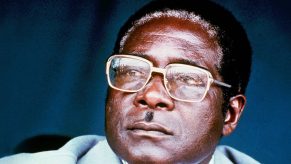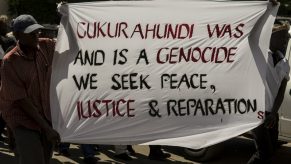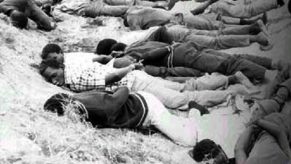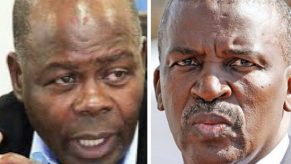Influencers Become The New Liberated Power In Africa
JOEL KONOPO
2017 and 2018 proved the value — and power — of collaboration among journalists in Africa. But while the Paradise Papers and, of late, the Implant Files have been major highlights, there still has not been a major shift in the mindset of African leaders towards corruption. Take for example my country, Botswana: Ian Kirby, president of the Botswana Court of Appeal, was linked to several offshore companies in the British Virgin Islands — but simply dismissed the exposé, saying it offered nothing new. In the Democratic Republic of Congo, no action was taken against President Joseph Kabila’s twin sister and media mogul Jaynet Kabila after she was linked to a company incorporated on the Pacific island of Niue months before her brother was elected president.
Botswana Presidents in bitter struggle for power
It was hardly a surprise when the new Botswana president, Mokgweetsi Masisi, was sworn in in April this year amid low public expectations.
How They Did It: Digging up Zimbabwe’s Gukurahundi Massacre Dossier
It began with a tip-off from a former head of an international humanitarian organization who used to be based in Zimbabwe. There was an explosive dossier detailing heinous crimes of the Gukurahundi — a series of massacres of civilians carried out by the Zimbabwe National Army in the 1980s — and had been kept under lock and key for decades. Earlier this year, the Botswana-based INK Centre for Investigative Journalism tracked down the mystery dossier and, in July, broke the story. Here’s how we did it.
Khama-Chameleon: Botswana’s foreign policy shift
How should we understand the foreign policy of African states? And why do some countries with a dubious record at home talk so much about democracy abroad? Esther Brown considers the case of Botswana, and offers some compelling answers.
Want to Change How Investigative Journalism is Done in Africa? Here are 14 Recommendations
More than 10 years ago, the first non-profit investigative journalism in Africa was established. Following this development, more nonprofit investigative journalism organizations have been set up in more than 20 countries throughout the continent. And that number continues to grow.
How Basarwa endure perpetual violence and deprivation
Basarwa have plenty of regrets. The biggest was adopting a constrained Tswana way of life that has given them diseases and introduced greed.
INK visited Qabo and Ghanzi in the heart of Basarwa country.
The damning Gukurahundi dossier that Mugabe frowned upon
ON 2 March 1983, heads of international aid agencies operating in the Midlands and Matabeleland provinces had the unenviable task of meeting then Zimbabwean Prime Minister Robert Mugabe to discuss a very grave subject.
Pregnant women’s stomachs ripped open
“People should see how a baby of a dissident looks like”.
This is what soldiers of the Fifth Brigade ominously told sisters Mabel and Khethisi Moyo, whom they accused of having been impregnated by dissidents on January 22 1983.
EXCLUSIVE: Gukurahundi skeletons tumble out of the closet
AS Zimbabwe inches towards critical general elections on Monday, skeletons of Gukurahundi massacres – which remain an emotive political and electoral issue in the country – are tumbling out of the closet.
DISS fails to account for concealed ivory
The Directorate on Intelligence and Security Services (DISS) has been accused of using its anti-poaching operation as a way of concealing elephant tusks from the responsible government department and potentially using it as a conduit for ivory smuggling.


